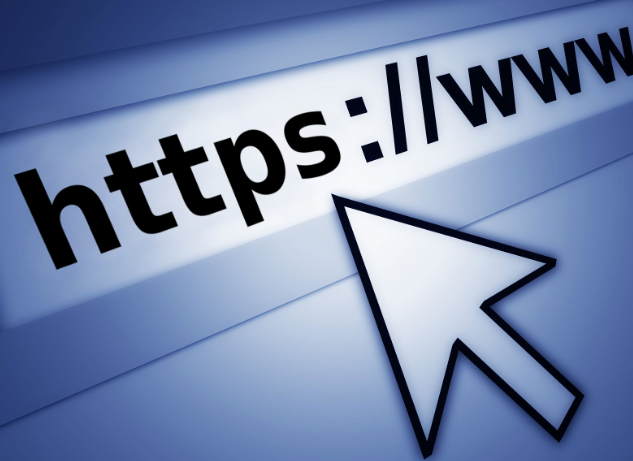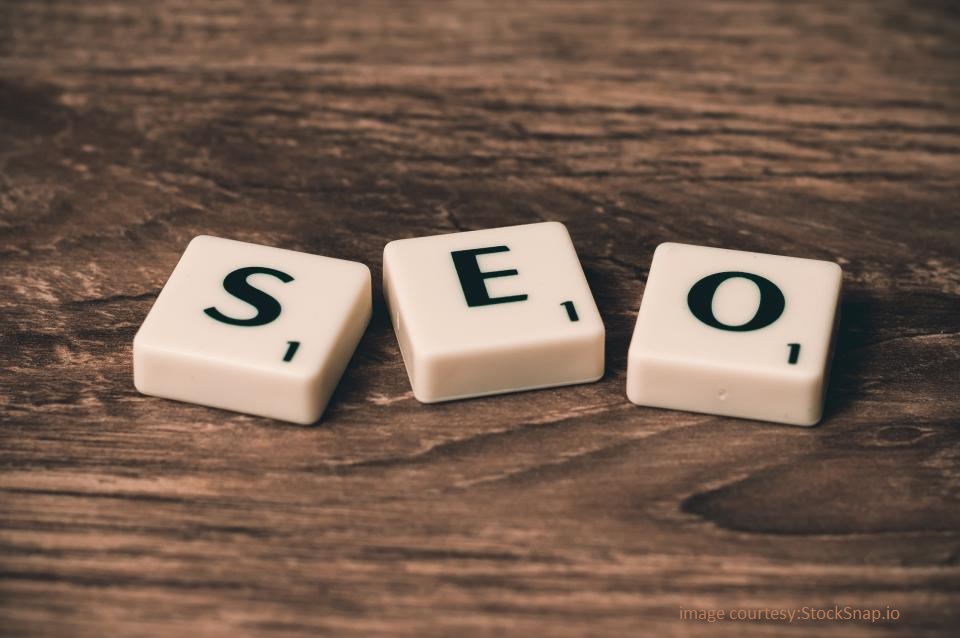
As we have previously mentioned in many of our blog posts, trust is a significant factor for success right now. That said, hackers are taking advantage of the current situation by using malicious malware to promote coronavirus discount codes and specials.
There seems to be many examples of certain ‘special offers’ that come at an inconceivable cost and therefore must be a scam. These are used to gain sensitive information from consumers. Do not be surprised that cybercriminals will utilise the brand of trusted companies within a sustained phishing attack. There have been examples of organisations as trusted as the World Health Organisation being targeted by these hacking groups.
According to the Check Point Software’s Global Threat Index for January 2020, “cyber-criminals are exploiting interest in the global epidemic to spread malicious activity, with several spam campaigns relating to the outbreak of the virus.”
With the above information in mind, security must be considered as a top priority. We therefore consider our tip 4 to be aimed at upgrading your website’s security.
Tip 4: Top Up Security
As we have said, there are many ways that a business manager can protect a business’s web assets in order to control their online security. This will of course help the business itself but most importantly, it will help your future search visibility.
Consequently, we believe the following points are simple areas that most web site managers should both understand and implement, in order to protect the sites online future;
• Monitor log files for crawl errors. If you’re an SEO professional, you will understand log file analysis and how this can help identify how search engine crawlers are accessing your website. This analysis can also reveal if spambots are trying to infiltrate your site.
• Implement SSO. SSO or Single Sign On, authorises users to use one set of login credentials to enter separate applications. It’s generally considered as being more secure.
• Secure your site with an SSL. Back in 2014, Google announced HTTPS as a ranking signal to encourage site owners to make their site more secure for visitors. Implementing HTTPS protects things like credit card numbers, browsing history and much more.
• Update plugins or apps you use. Hackers tend to look at old plugins or tools for vulnerabilities. Make sure you regularly update them to avoid becoming an easy target.
For SEO marketers, cybersecurity does not stop at HTTPS. It’s vital to take preventative measures to secure your digital assets today. A hacker will have a permanent negative impact on your SEO efforts and so, by ensuring your websites cyber security is up to date, your website will benefit well into the future.
Pure Digital will always incorporate security into our search campaigns in order to maximise how the Internet sees and understands the information we deliver with our online assets.




